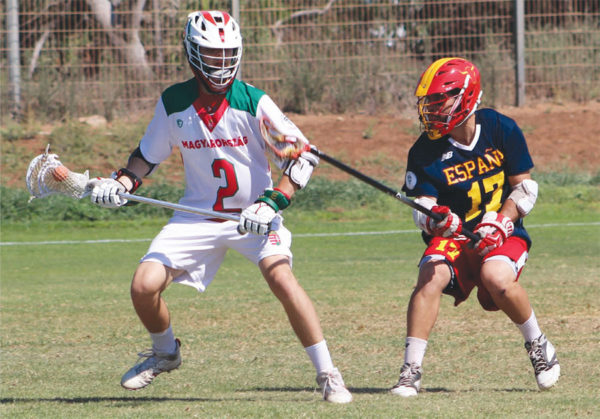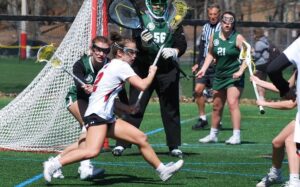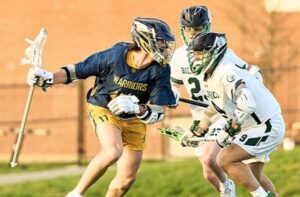
The joke on the shuttle buses operating at the 2018 FIL Men’s Lacrosse World Championship in Netanya, Israel, in July was that if you wanted to save time, you didn’t ask the Americans where they were from.
You asked them from which part of New England they came from.
Yes, the 46 teams convened from around the globe, but that international flavor was served with a side of chowder, as there were plenty of players, coaches, referees and interns — the latter everpresent and filling in seemingly every role involved in keeping the games running smoothly — with ties to the region.
The Federation of International Lacrosse has rules that govern who can participate on national teams; generally speaking, players must hold a passport for the country they are playing for. Heritage players — athletes whose parents, or possibly grandparents, were raised in the country — can be eligible, depending on how established a country’s program is; each country also can apply its own requirements, ranging from attending all training camps and international tournaments, to simply speaking the language.



